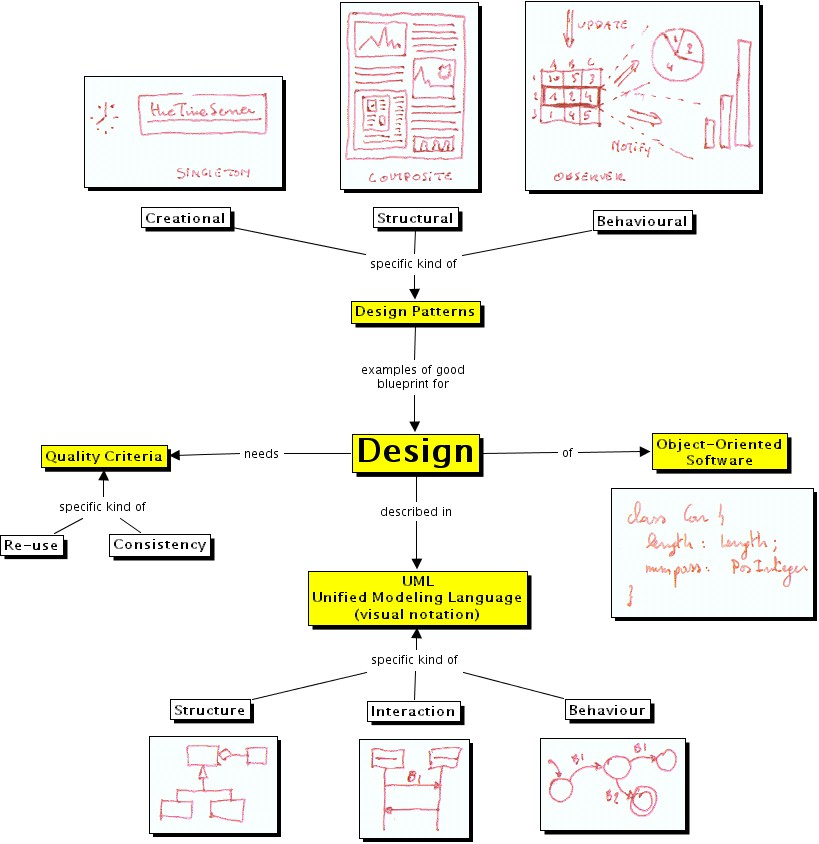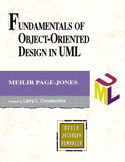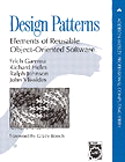
| Course title | Object-Oriented Design | |
| Course number | COMP 304B (CRN 728) | |
| Credits | 3 | |
| Prerequisites | COMP 206 (software systems). | |
| COMP 251 (data structures and algorithms), | ||
| COMP 302 (programming languages and paradigms), | ||
| If you do not have the pre-requisites for the course, the course will be | ||
| deleted from your record by the Faculty of Science. | ||
| Course venue | Trottier 0070 (check Minerva). | |
| Monday, Wednesday, and Friday 14:35 - 15:25 | ||
| Tutorials | Location: Torottier 3120 (Krieble Lab) | |
| Time: 17:00 - 18:30 | ||
| Enrollment Cap | Enrollment is limited to 50 students. | |
| Instructor | Eugene Syriani | |
| McConnell Engineering, room 202 | ||
| e-mail: esyria@cs.mcgill.ca (send course-related mail as discussion in WebCT!) | ||
| Office hours | Wednesday 15:30 - 17:30, or send e-mail for appointment | |
| TA 1 | Jacob Beard | |
| e-mail: jbeard4@cs.mcgill.ca (send course-related mail as discussion in WebCT!) | ||
| McConnell Engineering, room 202 (Modelling, Simulation and Design Lab) | ||
| Office hours | Monday 10:30 - 12:30, or send e-mail for appointment | |
| TA 2 | Christopher Dragert | |
| e-mail: christopher.dragert@mail.mcgill.ca (send course-related mail as discussion in WebCT!) | ||
| McConnell Engineering, room 322 (Software Engineering Lab) | ||
| Office hours | Wednesday 10:00 - 12:00, or send e-mail for appointment | |
| Course website | Web page Link to WebCT | |
| Assignments | hand in via WebCT |


